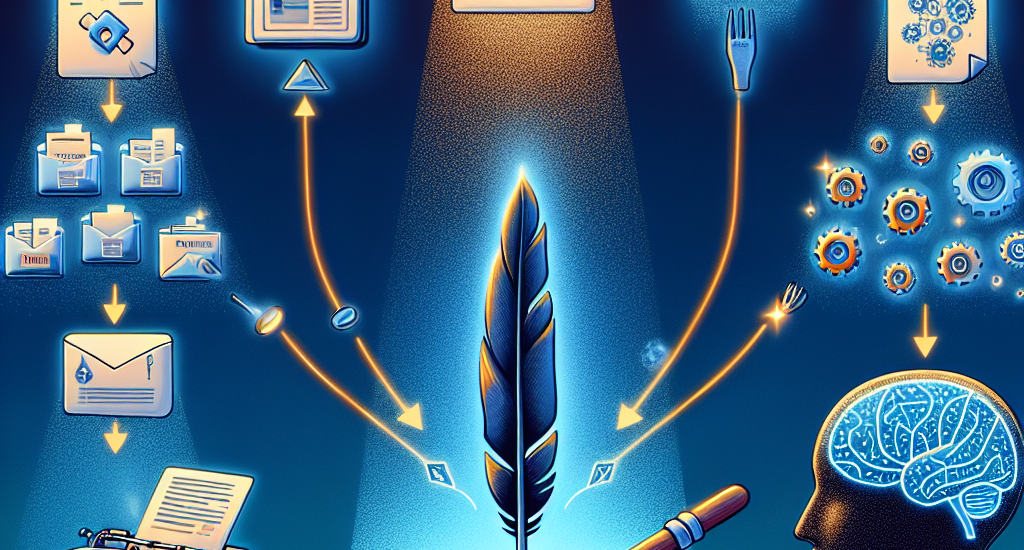Authors: Changle Qu, Sunhao Dai, Xiaochi Wei, Hengyi Cai, Shuaiqiang Wang, Dawei Yin, Jun Xu, Ji-Rong Wen
Abstract: Tool learning enables Large Language Models (LLMs) to interact with external
environments by invoking tools, serving as an effective strategy to mitigate
the limitations inherent in their pre-training data. In this process, tool
documentation plays a crucial role by providing usage instructions for LLMs,
thereby facilitating effective tool utilization. This paper concentrates on the
critical challenge of bridging the comprehension gap between LLMs and external
tools due to the inadequacies and inaccuracies inherent in existing
human-centric tool documentation. We propose a novel framework, DRAFT, aimed at
Dynamically Refining tool documentation through the Analysis of Feedback and
Trails emanating from LLMs’ interactions with external tools. This methodology
pivots on an innovative trial-and-error approach, consisting of three distinct
learning phases: experience gathering, learning from experience, and
documentation rewriting, to iteratively enhance the tool documentation. This
process is further optimized by implementing a diversity-promoting exploration
strategy to ensure explorative diversity and a tool-adaptive termination
mechanism to prevent overfitting while enhancing efficiency. Extensive
experiments on multiple datasets demonstrate that DRAFT’s iterative,
feedback-based refinement significantly ameliorates documentation quality,
fostering a deeper comprehension and more effective utilization of tools by
LLMs. Notably, our analysis reveals that the tool documentation refined via our
approach demonstrates robust cross-model generalization capabilities.
Source: http://arxiv.org/abs/2410.08197v1





